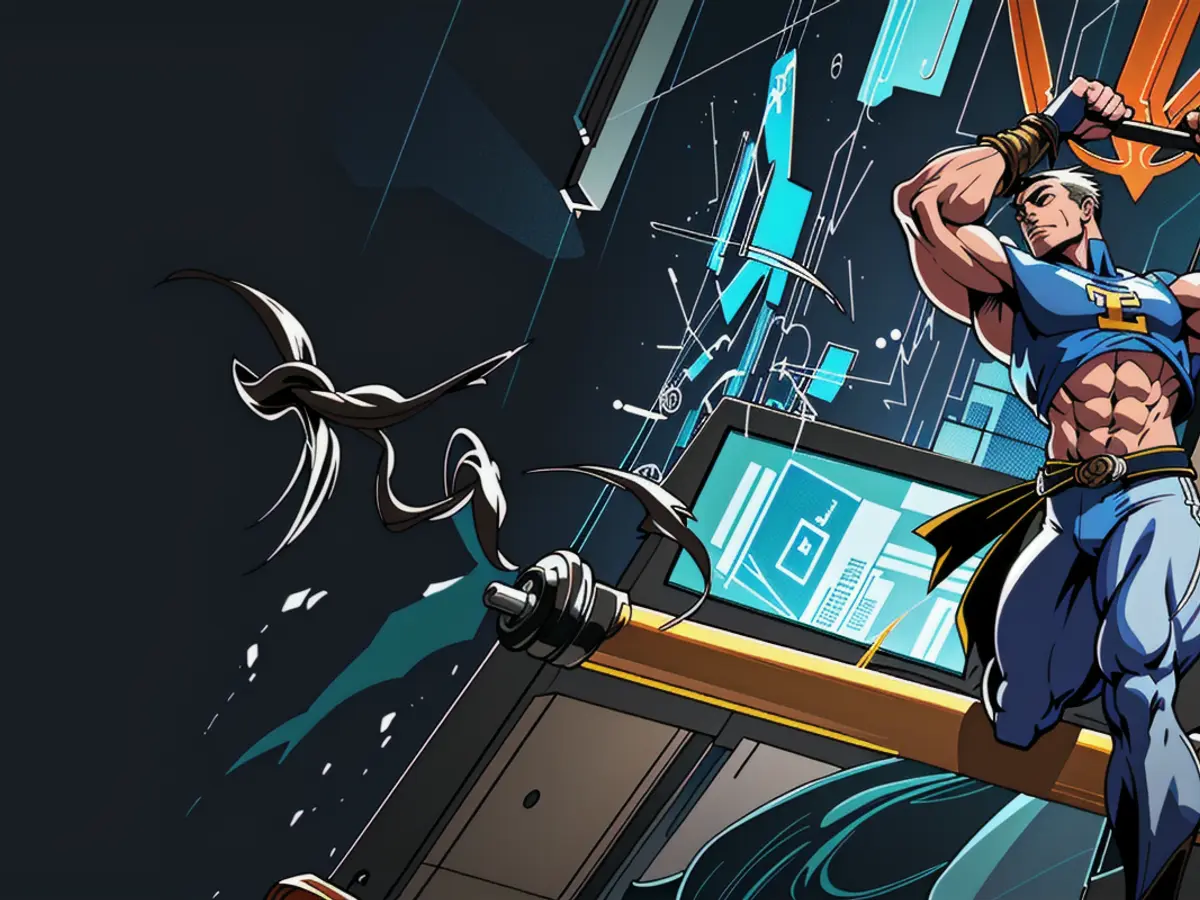Intel Plans to Release an Immense Server CPU by 2025
Intel (INTC dropping by 2.12%) has been trailing behind competitor Advanced Micro Devices (AMD) in the lucrative server CPU market during the past few years. Despite holding a significant market share, Intel's server chips have been outperformed by AMD's in terms of power and energy efficiency.
AMD has been benefiting from the advanced manufacturing technology supplied by Taiwan Semiconductor Manufacturing (TSMC), while Intel was constrained by its aging Intel 7 manufacturing process until recently.
However, Intel has managed to bridge the gap with AMD this year, introducing two new server CPU families: the power-intensive Granite Rapids and the energy-saving Sierra Forest. Both chips are manufactured, in part, using the Intel 3 process, which is significantly more advanced than Intel 7. Intel has also boosted the core count for both families, addressing a major shortcoming of its previous generation of server CPUs.
As a result, Intel has improved its competitive position in the server CPU market and stands a chance of gaining even more ground in 2025, with the anticipated release of its Clearwater Forest family of chips, which is expected to be a significant product for the company.
A many-core powerhouse
Clearwater Forest is set to succeed Sierra Forest, which presently boasts up to 144 efficiency cores, with a 288-core variant under development. Clearwater Forest is likely to match or surpass this core count, although Intel hasn't disclosed any specific figures.
These efficiency cores are well-suited for tasks connected with cloud computing that don't demand top-tier single-threaded performance, and the high core density enables cloud providers and other customers to accommodate more cores in a smaller space.
Clearwater Forest will be among the first devices to utilize the Intel 18A manufacturing process, which Intel has pinned its hopes on for a recovery. Management believes that 18A will be the most advanced manufacturing process available when it is launched next year, allowing Intel to regain its manufacturing edge over TSMC.
Intel 18A will introduce a new transistor type and backside power delivery, which is projected to significantly enhance efficiency. The chips will utilize the company's advanced packaging technology, and they'll be the first from Intel to feature 3D cache, which it calls "Local Cache." This is similar to the 3D V-cache incorporated in some of AMD's gaming CPUs, and it can provide a performance boost for certain types of tasks.
Clearwater Forest will not only challenge AMD but will also go up against Arm-based server CPUs. Major cloud companies are increasingly developing their own Arm server chips, but Clearwater Forest could decrease the allure of such a move.
A testament to the foundry business
Intel aims to become the second-largest semiconductor foundry by 2030, and the Intel 18A process will play a crucial role in realizing this goal. It has secured a few clients for Intel 18A, including Microsoft and Amazon, but it needs to attract more third-party chip clients to its massive manufacturing investments to reap returns.
Given Intel's manufacturing challenges in the past, the company faces an uphill battle convincing developers to commit to Intel 18A. Clearwater Forest, if delivered as promised with impressive performance and efficiency, will serve as powerful encouragement for developers to consider Intel 18A. If Clearwater Forest is a success, Intel 18A is likely to receive serious consideration from TSMC's major clients.
Intel's revival has been agonizingly slow, nearly brought to a standstill by a post-pandemic decline in the PC market and a shift in data center spending towards AI chips. However, there's a glimmer of hope. Intel 18A is on track, and Clearwater Forest can help bolster Intel's server CPU business and serve as a potent endorsement for the foundry business. But, as always with Intel, investor patience is required.
The potential success of Clearwater Forest could attract more third-party chip clients to Intel's 18A manufacturing process, potentially leading to significant financial returns for the company, as they invest heavily in their foundry business. With the anticipated release of Clearwater Forest, Intel aims to compete not only with AMD but also with Arm-based server CPUs, which could decrease the appeal of developing custom Arm server chips for major cloud companies.








